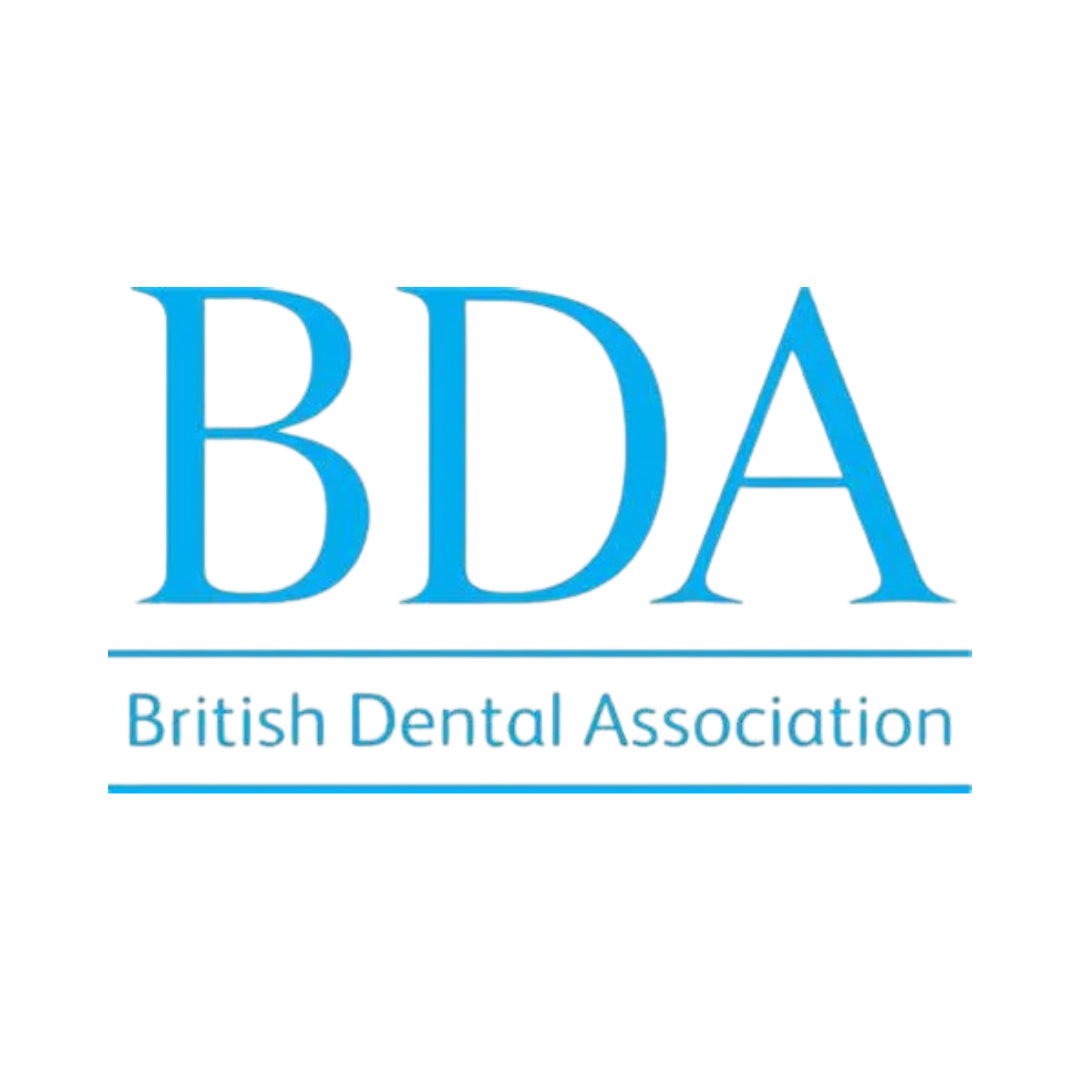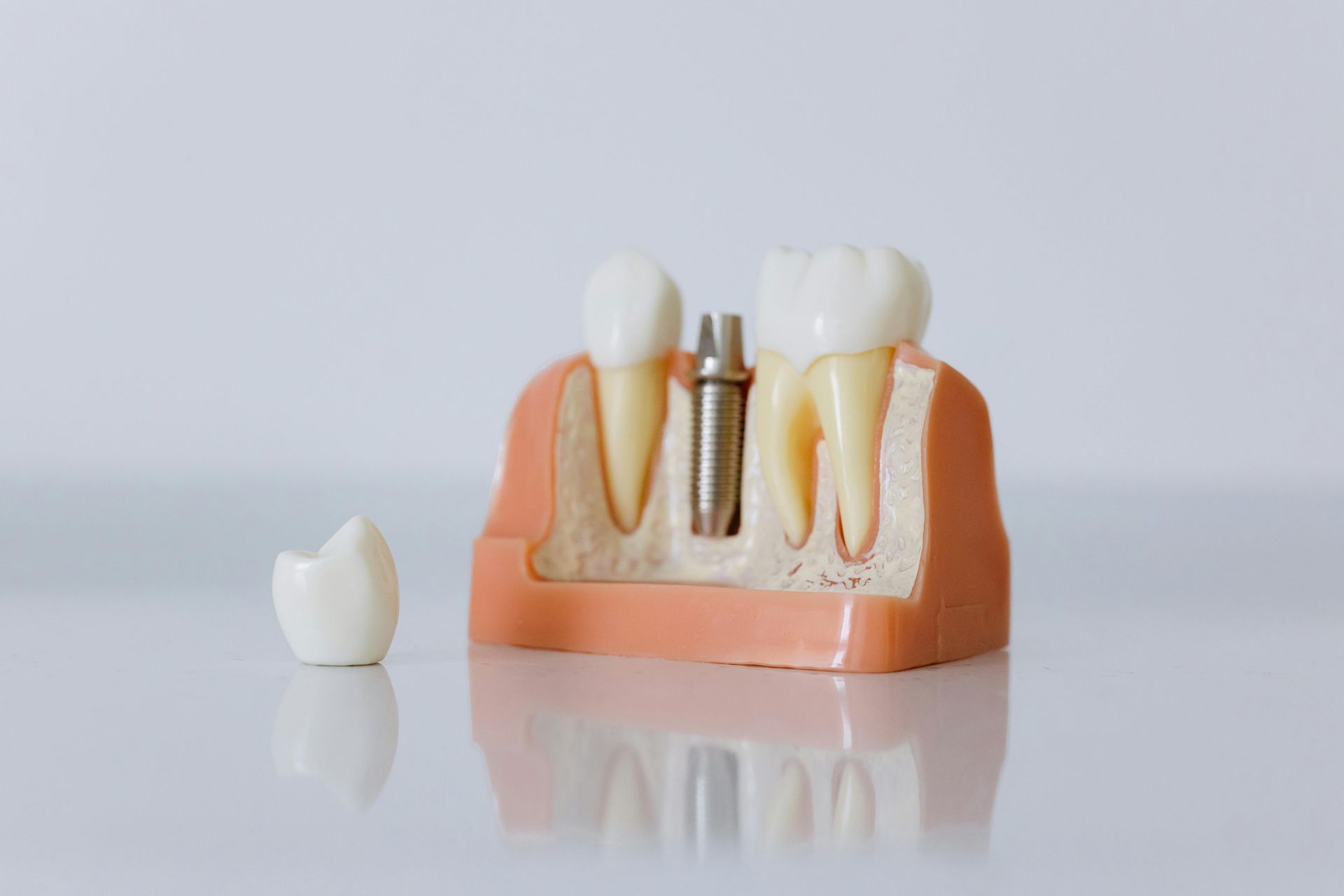
Endodontic in London
Struggling with persistent toothache or sensitivity? Endodontics in London offers specialised solutions to treat the root of your dental problems, helping you keep your natural teeth. An endodontist, a dentist with advanced training, focuses on the tooth’s inner pulp—the nerves and blood vessels.
Endodontic in Ealing
Struggling with persistent toothache or sensitivity? Endodontics in Ealing offers specialised solutions to treat the root of your dental problems, helping you keep your natural teeth. An endodontist, a dentist with advanced training, focuses on the tooth’s inner pulp—the nerves and blood vessels.
When Do I Need an Endodontist?
While general dentists can handle routine root canals, complex cases—like severe infections or traumatised teeth—are referred to endodontists. These specialists have three years of additional training to provide expert care.
What Is Endodontic?
What to Expect During Your Visit
Aftercare & Healthy Habits
What Is Endodontic?
Endodontic treatment focuses on saving teeth that are severely damaged, infected, or inflamed at the pulp level—the soft tissue inside the tooth. This specialised branch of dentistry includes procedures like root canal therapy, where the inner pulp is removed, the space is disinfected, and the tooth is sealed to prevent reinfection. Whether caused by deep decay, trauma, or cracks, the goal is to relieve pain and preserve your natural teeth. If you're experiencing persistent toothache, sensitivity to heat or cold, or swelling near the gums, a consultation for endodontics in Ealing can help identify the issue and offer relief.
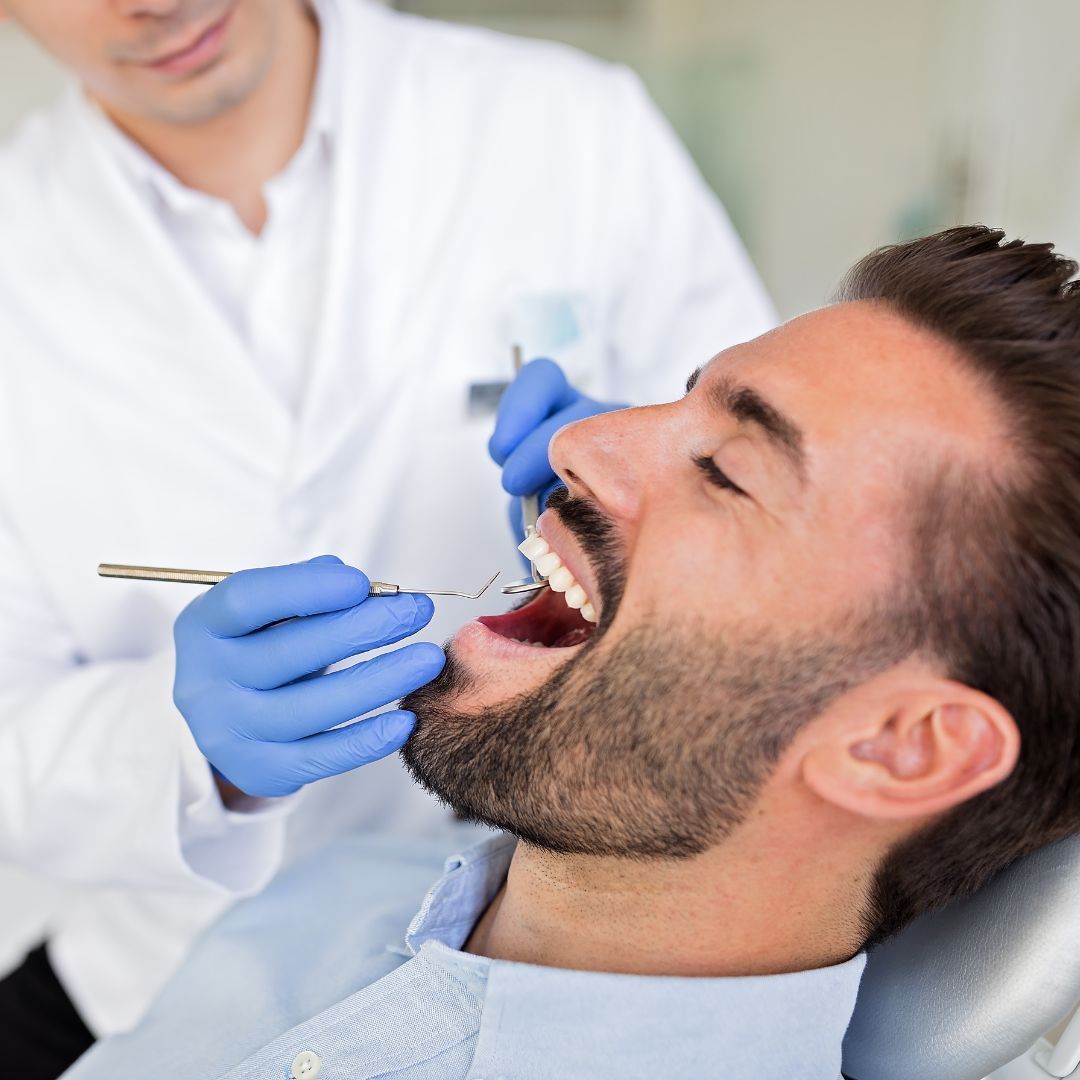
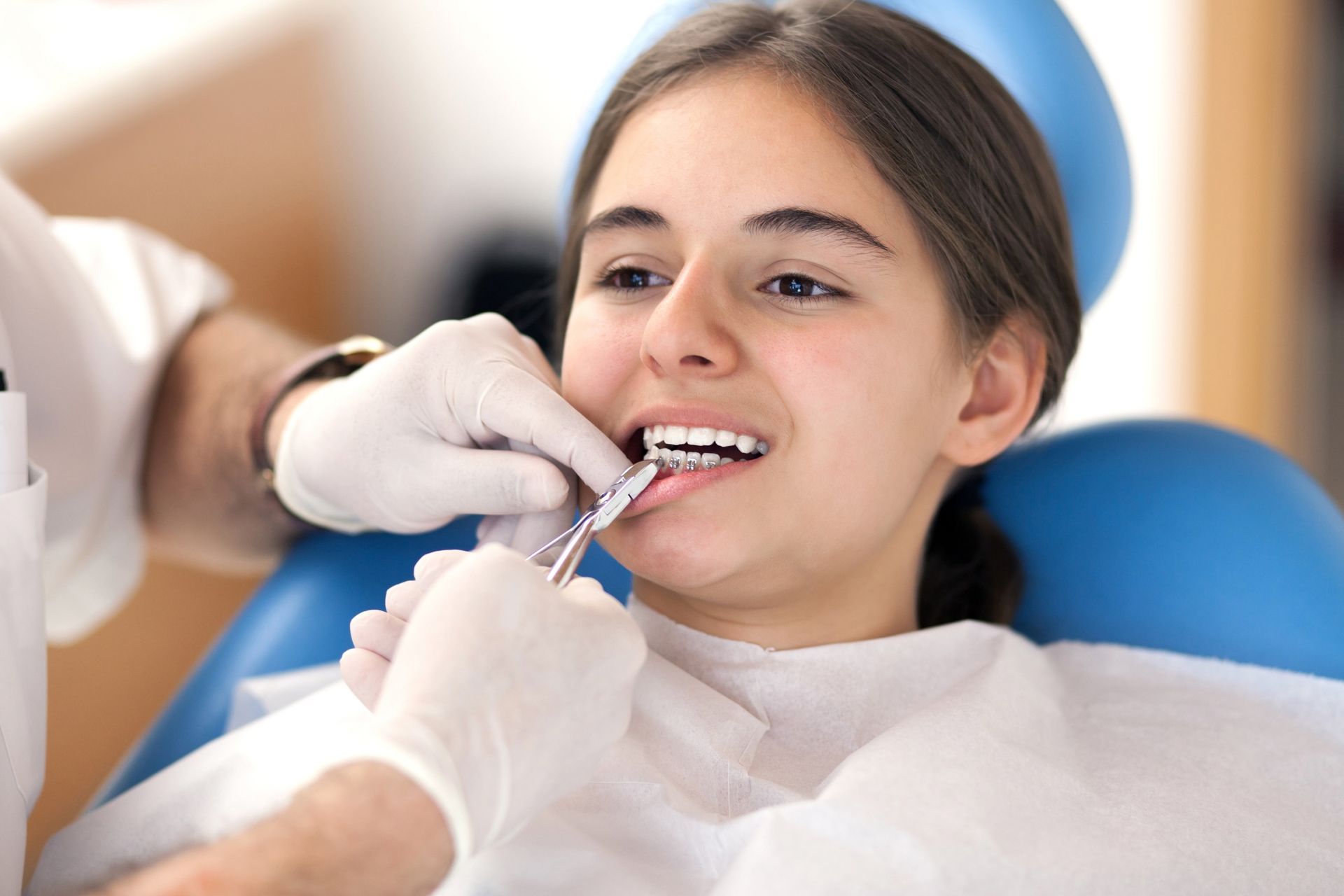
What to Expect During Your Visit
When you arrive for your endodontic consultation, your Ealing dentist or endodontist will perform a detailed examination, including X-rays to assess the roots and surrounding bone. If treatment is needed, your first visit may involve emergency pain relief or preparation for a root canal. During the main procedure, the affected pulp is removed under local anaesthetic, the area is thoroughly cleaned, and the canals are filled and sealed. Some cases may require more than one session, especially if the infection is complex or has spread. Your dentist will explain each step and ensure you're comfortable throughout.

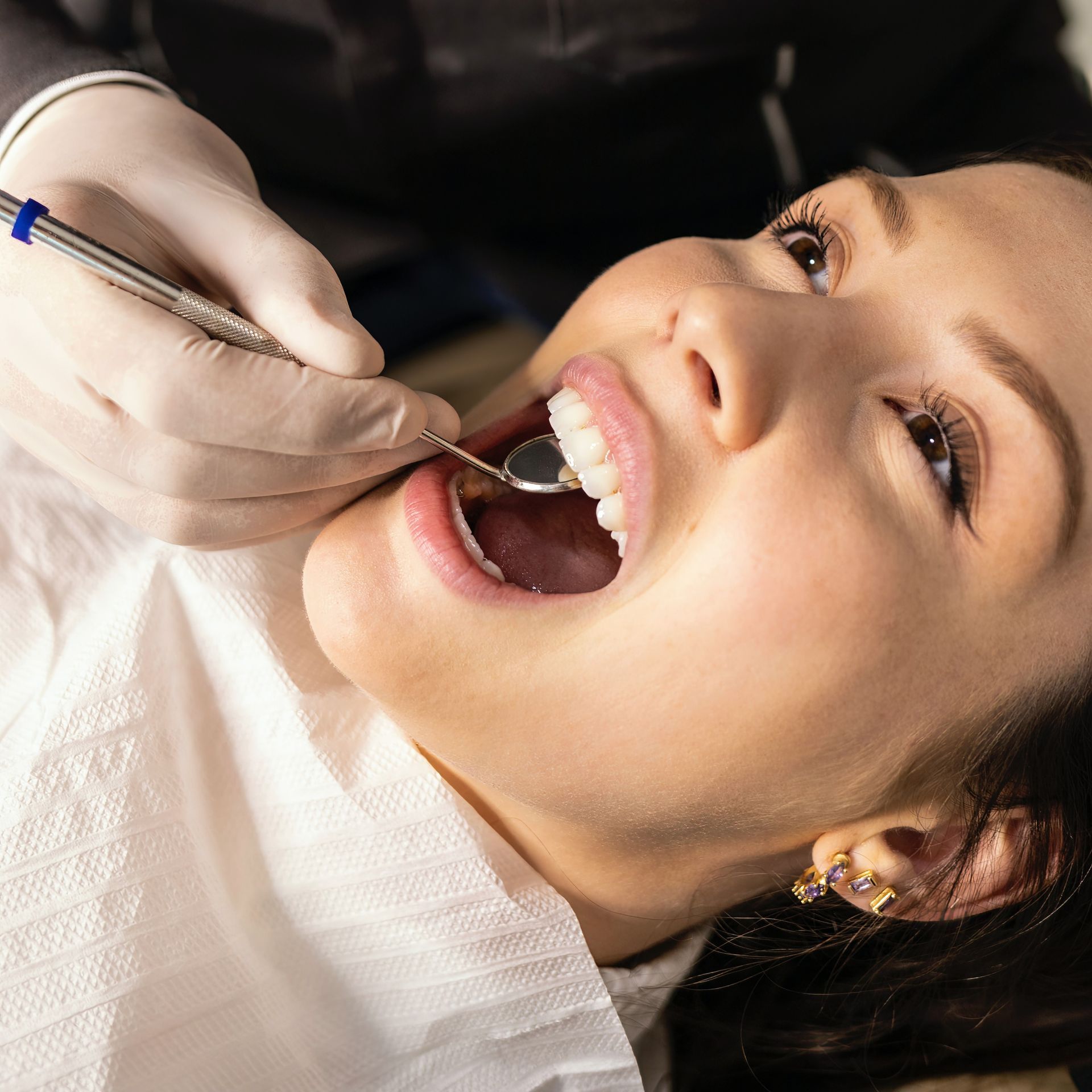
Aftercare & Ongoing Visits
After endodontic treatment, it’s normal to feel mild sensitivity or tenderness for a few days. Stick to soft foods, avoid chewing on the treated side until advised otherwise, and take any prescribed medication as directed. Maintaining strong oral hygiene is essential—brush twice a day with a soft-bristled toothbrush, floss gently, and rinse with an antibacterial mouthwash if recommended. Avoid smoking and sugary snacks, which can hinder healing. Regular dental check-ups with your Ealing dentist will help monitor your recovery and ensure the tooth stays healthy long-term.
Call Now & Book your appointment
Simple Booking
Easy online, phone or WhatsApp appointment scheduling.
Friendly Experts
Skilled, caring team focused on your comfort and care.
Modern & Calm
State-of-the-art clinic in a relaxed, welcoming space.
Results That Last
Personalised treatments designed for natural, long-term results.
NEED TO KNOW
Appointments for Orthodontic Treatment
Orthodontic care requires regular visits, typically every 6–8 weeks, to adjust braces or monitor progress:
- Consultation: Your Ealing dentist or orthodontist discusses options, examines your teeth, and may take X-rays, photos, or impressions for treatment planning.
- Fitting: Braces are applied, or aligners are provided.
- Adjustments: Every 6–8 weeks, wires or aligners are adjusted to guide teeth into place.
- Removal: Once aligned, braces are removed, and retainers are fitted.
- Follow-ups: Additional visits may be needed to address issues or monitor post-treatment progress.
Questions You Might Be Asked
Your dentist in Ealing may ask about:
- Your dental and medical history
- Your oral hygiene routine, which must be excellent before treatment begins
How Long Does Treatment Take?
Treatment duration depends on your case but typically lasts up to two years. Key timings include:
- Consultation: About 60 minutes
- Braces fitting: Around 60 minutes
- Check-ups (every 6–8 weeks): 15–30 minutes
- Braces removal: At least 60 minutes
Do I Need to Prepare?
No special preparation is required, but maintaining excellent oral hygiene is essential before starting.
After Your Appointment
Follow your orthodontist’s home care advice. After braces are removed, you’ll need a retainer—either a removable plate or a fixed wire behind your teeth—to maintain alignment.
Quick Tip
Stick to your orthodontist’s care instructions and avoid hard or sticky foods, like toffee or nuts, to prevent damage to braces.
Your Trusted Dentist in Ealing
Book Your Dental Appointment in Ealing Today
Ready to relieve your tooth pain? Book your endodontics consultation with a trusted Ealing dentist today and explore flexible payment plans!
FAQs
What types of procedures are included in oral and maxillofacial surgery?
This specialty covers complex dental and facial treatments like wisdom tooth removal, jaw realignment, dental implant placement, biopsies for oral lesions, management of facial trauma, and interventions for TMJ disorders or salivary gland issues.
Is oral surgery painful, and what anaesthetic options do I have?
Most procedures use local anaesthetic, with sedation or general anaesthesia available for more complex cases. Mild swelling or discomfort afterward is expected, but well-managed with prescribed pain relief. If you experience unexpected pain, contact an emergency dentist in Ealing right away.
What should I expect in terms of recovery time?
Recovery varies by procedure. Simple extractions usually require 3–7 days with full healing in a week. More advanced surgeries—such as jaw correction or implant placement—may need several weeks or months to recover. Follow your surgeon’s guidance closely.
What are the potential complications I should be aware of?
Common risks include swelling, bruising, bleeding, dry socket, infection, and rare nerve injury—especially near lower wisdom teeth. Numbness (e.g. lip or tongue) may occur but often resolves within 12 months. If complications arise, seek care from an emergency dentist in Ealing promptly.
How should I care for my mouth immediately after surgery?
Bite gently on gauze to control bleeding, as needed.
Avoid rinsing or spitting for the first 24 hours; begin gentle salt-water rinses from day two.
Stick to a soft diet and avoid smoking, alcohol, and strenuous activity for at least 48 hours.
Use ice packs to reduce swelling and rest with your head elevated.
How do I maintain oral health after surgery?
Continue brushing gently around the surgical area and floss as advised. Attend all follow-up appointments so your dentist can monitor healing, remove any stitches, and ensure a successful outcome.


